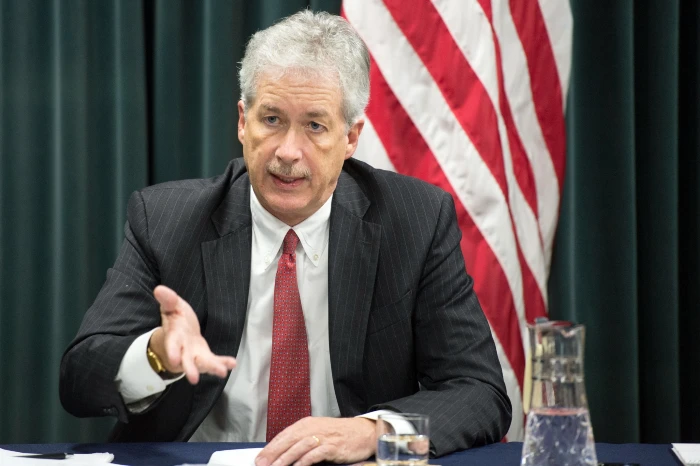The visit of CIA director William Burns to India saw one of his team members hit by an ailment, which resembled the “Havana syndrome”.
CNN is reporting that the official had to receive medical attention after he showed symptoms which were consistent with the Havana Syndrome.
The channel citing its sources said the incident set off alarm bells within the US government and left Burns "fuming" with anger. Some officials at the CIA viewed the chilling episode as a direct message to Burns that no one is safe, including those working directly for the nation's top spy.
This was the second time in less than a month that the mysterious illness has impacted travel of the Biden administration’s top officials. Last month Vice President Kamala Harris had to slightly delay her visit to Vietnam when multiple US personnel reported symptoms consistent with the syndrome just ahead of her visit.
Some 200 U.S. officials and family members have been sickened by Havana syndrome, a mysterious set of ailments that include migraines, nausea, memory lapses and dizziness. It was first reported by officials based in the U.S. embassy in Cuba in 2016.
A U.S. National Academy of Sciences panel found that the most plausible theory is that "directed, pulsed radio frequency energy" causes the syndrome.
According to CNN, the growing number of incidents have put US diplomats and intelligence officials on edge, ahead of the UN General Assembly session in New York this week where diplomats from around the world as well as heads of state and government will converge.
A CIA spokesperson in a statement to Reuters declined to comment on specific incidents.
Also Read: How mysterious Havana syndrome delayed Kamala Harris trip to Vietnam




















